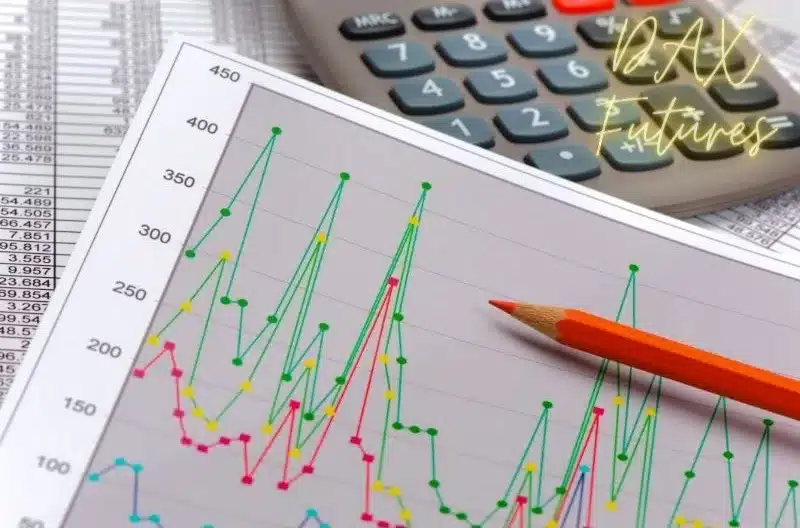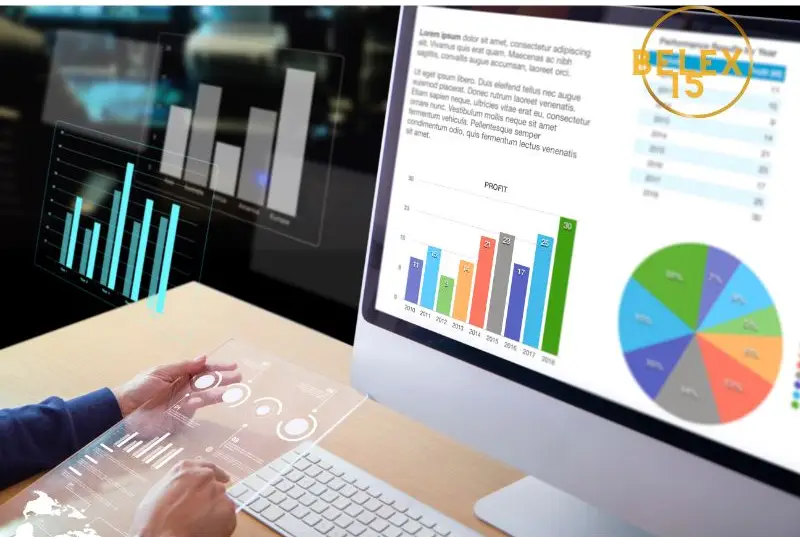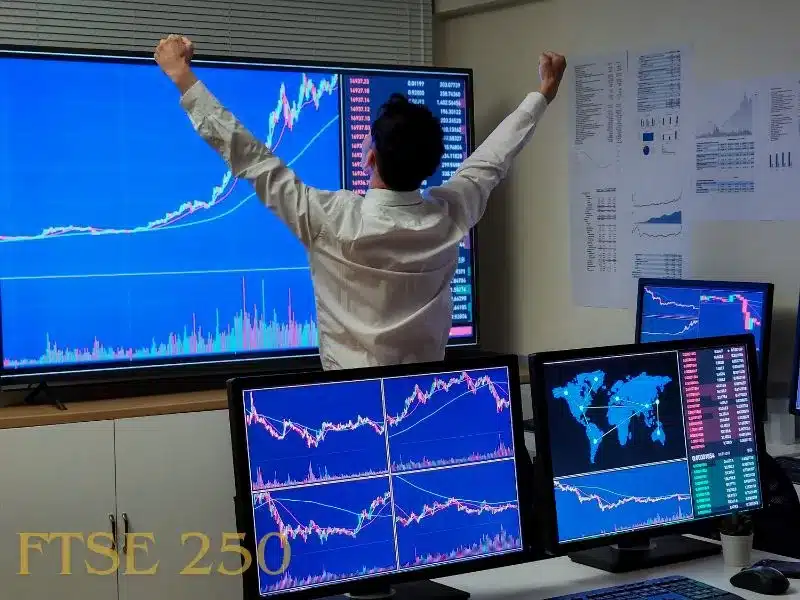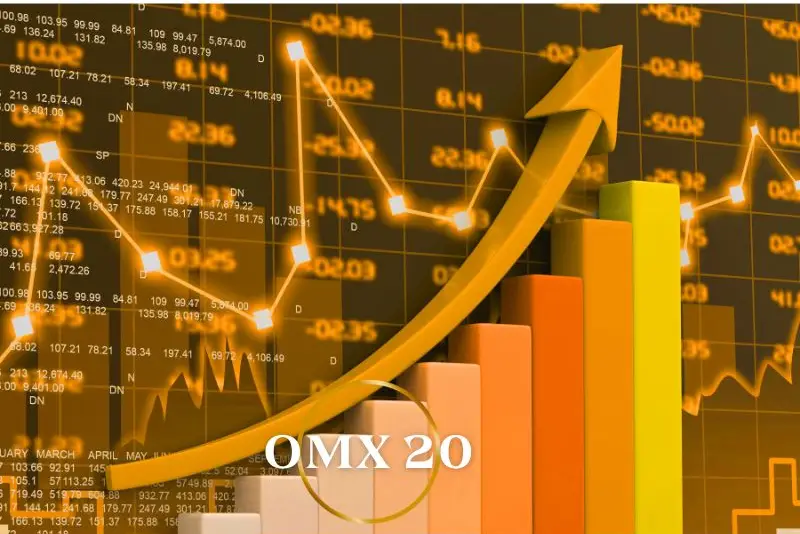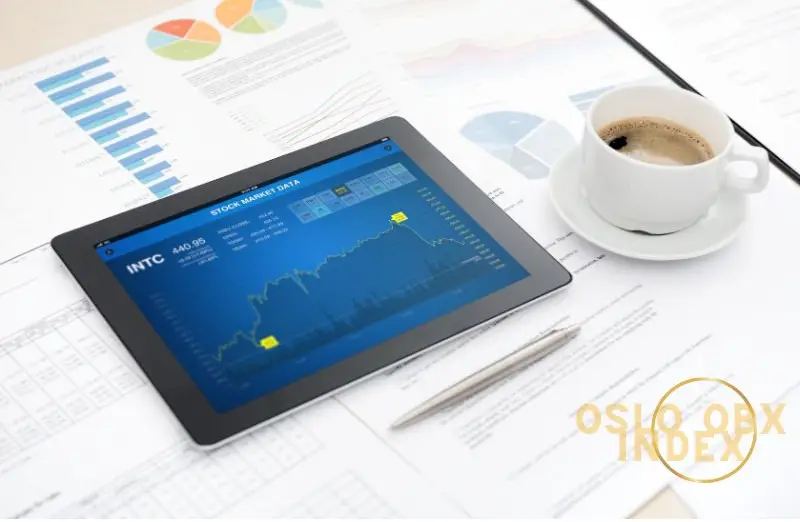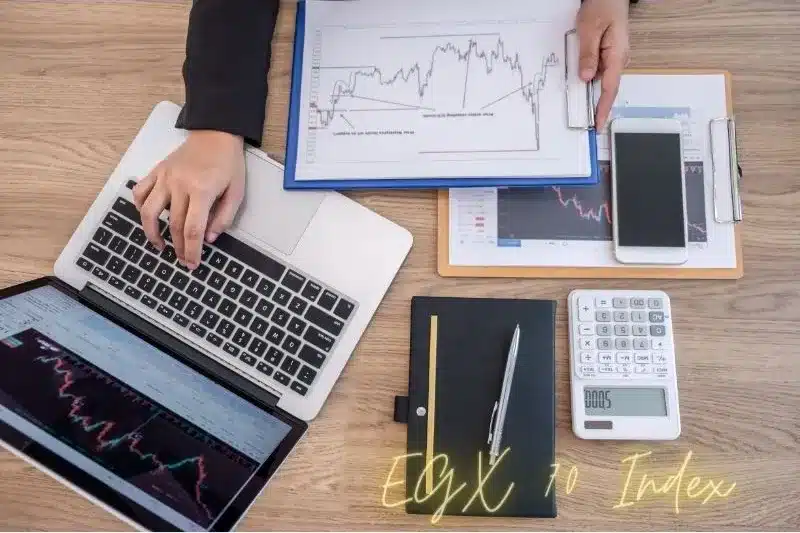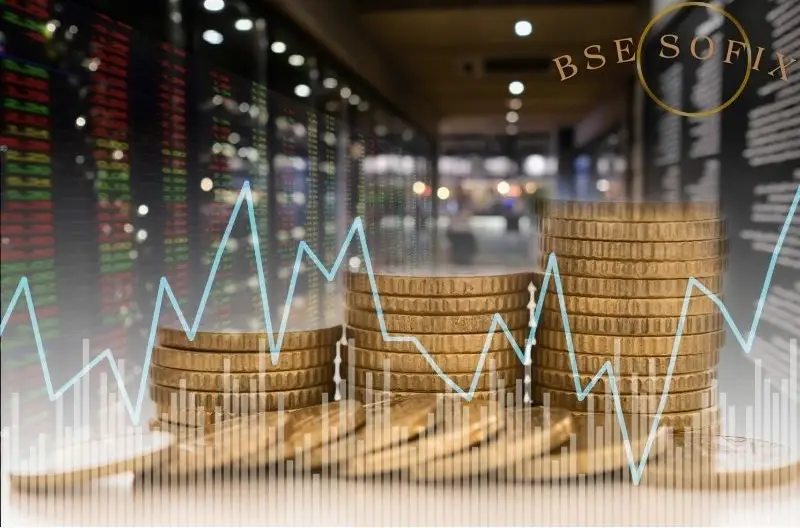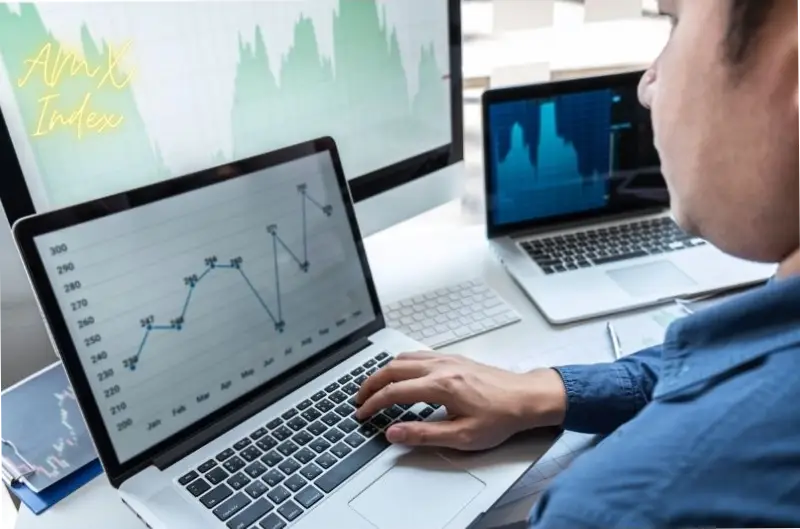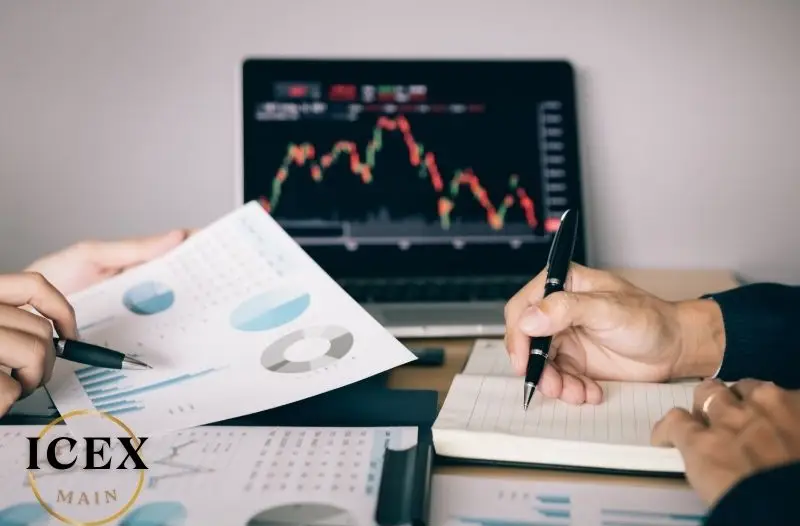Interested in investing? Look no further than the stock market in Brazil, one of the most dynamic and important markets in Latin America. With a growing economy and diverse range of industries, Brazil offers plenty of opportunities for savvy investors.
One of the key reasons why the Brazilian stock market is so important is its sheer size. The B3, formerly known as BM&FBOVESPA, is the largest exchange in Latin America by market capitalization.
Investors can track the performance of Brazilian stocks through various indices, including the Ibovespa (main index), Small Cap Index (SMLL), Mid-Large Cap Index (MLCX), and Corporate Governance Index (IGC).
Whether you’re a seasoned investor or just starting out, keeping an eye on the Brazilian stock market can provide valuable insights into global economic trends and investment opportunities. Don’t miss out on this vibrant and lucrative market!
How Does the Stock Market Work in Brazil
The stock market in Brazil operates through the B3 (Brasil Bolsa Balcão) exchange, which is the main stock exchange in the country. Investors can buy and sell shares of publicly traded companies listed on the exchange, allowing them to participate in the ownership of these companies and potentially profit from their performance.
To invest in the stock market in Brazil, individuals can open an account with a brokerage firm registered with the Brazilian Securities Commission (CVM). Investors can then place buy or sell orders for specific stocks through their chosen brokerage firm’s trading platform.
When investing in Brazilian stocks, it is important to consider factors such as economic indicators, company performance, industry trends, and global market conditions to make informed investment decisions.
Some of the major stocks that generate profit in Brazil include:
- Petrobras (PETR4): A state-controlled oil company with significant operations both domestically and internationally.
- Vale (VALE3): One of the largest mining companies in the world, specializing in iron ore production.
- Itaú Unibanco (ITUB4): One of the largest financial institutions in Brazil, offering banking and financial services.
- Ambev (ABEV3): A leading beverage company known for brands such as Brahma and Skol.
- B3 SA – Brasil Bolsa Balcão (B3SA3): The company that operates the main stock exchange in Brazil, profiting from trading fees and services provided to investors.
Investing in Brazilian stocks can provide opportunities for portfolio diversification and potential returns based on market performance and company growth. It is essential for investors to conduct thorough research, assess risk tolerance, and seek advice from financial professionals before entering the stock market.
What is the benefits of buying stocks in Brazil
Investing in the Brazilian stock market can offer a variety of benefits for investors looking to diversify their portfolio and potentially earn attractive returns. Some of the key advantages of buying stocks in Brazil include:
1. Emerging Market Growth: Brazil is considered one of the largest emerging markets in the world, offering significant growth potential for investors. As the country continues to develop its economy and infrastructure, there may be ample opportunities for companies to expand and increase their profitability.
2. Natural Resources: Brazil is rich in natural resources such as oil, minerals, and agricultural products. Investing in stocks related to these industries can provide exposure to global demand for commodities and potentially benefit from rising prices.
3. Diversification: By investing in Brazilian stocks, investors can diversify their portfolios geographically and reduce risk by spreading their investments across different markets.
4. Currency Appreciation: If the Brazilian real strengthens against other currencies, investors holding Brazilian stocks may see an increase in their returns when converting profits back into their home currency.
When considering investing in the Brazilian stock market, here are some tips and takeaways to keep in mind:
1. Research Companies: Before investing in any stock, it’s crucial to thoroughly research the company’s financials, management team, competitive position, and growth prospects. Understanding the fundamentals of a company can help you make informed investment decisions.
2. Political Risk: Brazil has a history of political instability that can impact financial markets. Stay informed about political developments and how they may affect your investments.
3. Regulatory Environment: Familiarize yourself with Brazil’s regulatory environment and how it may impact businesses operating in the country. Changes in regulations or government policies can have significant implications for stock prices.
4. Long-Term Perspective: Like any investment, it’s essential to have a long-term perspective when investing in Brazilian stocks. Market volatility is common, but staying invested over time can help smooth out fluctuations and potentially generate higher returns.
In conclusion, investing in the Brazilian stock market can offer attractive opportunities for diversification and growth potential. By conducting thorough research, being aware of risks such as political instability, and maintaining a long-term perspective, investors can position themselves to benefit from Brazil’s dynamic economy.
The main stock indices in Brazil
In Brazil, the most important stock market indices are the Bovespa Index (Ibovespa) and the Small Cap Index (IBRX). The Ibovespa is the benchmark index of the São Paulo Stock Exchange (B3) and represents approximately 80% of the total traded volume on the exchange. It includes the most liquid and largest companies in terms of market capitalization listed on B3. On the other hand, the IBRX tracks small-cap stocks, providing investors with a gauge of how smaller companies are performing in the market.
The Brazilian stock market is regulated by the Comissão de Valores Mobiliários (CVM), which translates to Securities and Exchange Commission. The CVM is responsible for overseeing and regulating securities issued in Brazil, as well as ensuring that market participants comply with regulations to maintain fair and transparent trading practices.
Regulation in Brazil aims to protect investors, maintain market integrity, and promote stability in financial markets. The CVM sets rules for disclosure requirements, insider trading, market manipulation, and corporate governance practices to ensure that investors are well-informed and have confidence in the market.
Investors can use stock market indices like the Ibovespa and IBRX to track overall market performance, identify trends, diversify their portfolios, and benchmark their investments against relevant indexes. By understanding how these indices are regulated by institutions like CVM in Brazil, investors can make informed decisions while participating in the stock market.
Recap: The stock market in Brazil
The stock market in Brazil is one of the largest and most dynamic in Latin America. With a diverse range of companies listed on the B3 exchange, investors have plenty of options to choose from.
Despite facing some challenges in recent years, such as political instability and economic downturns, the Brazilian stock market has shown resilience and continued to attract both domestic and foreign investors.
One of the key attractions of investing in Brazilian stocks is the potential for high returns, especially in industries such as technology, commodities, and banking.
However, it is important for investors to be aware of the risks associated with investing in emerging markets like Brazil, including currency fluctuations and regulatory changes.
Overall, the stock market in Brazil offers opportunities for investors looking to diversify their portfolios and tap into the country’s growing economy. With proper research and risk management, investing in Brazilian stocks can be a rewarding experience.






























